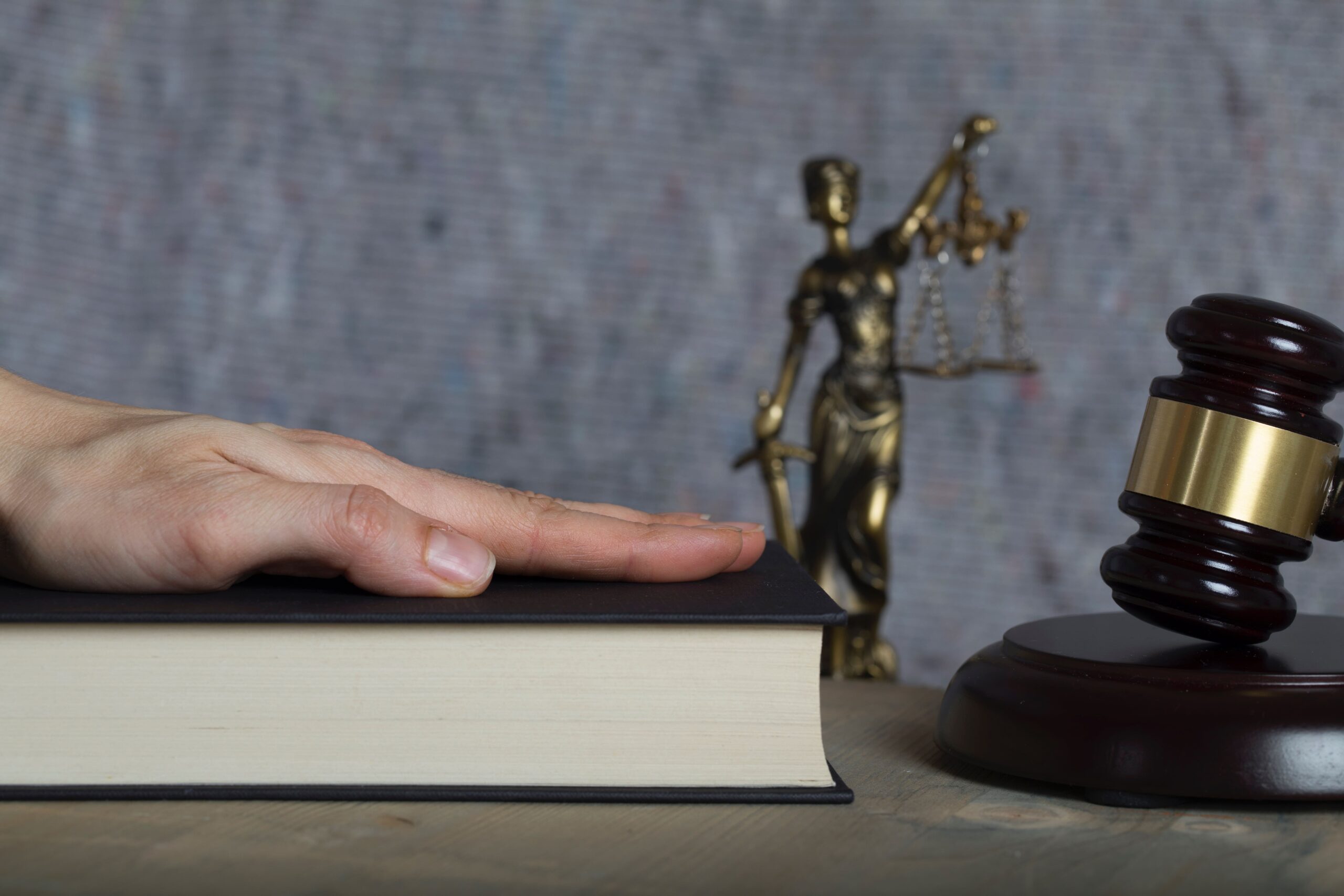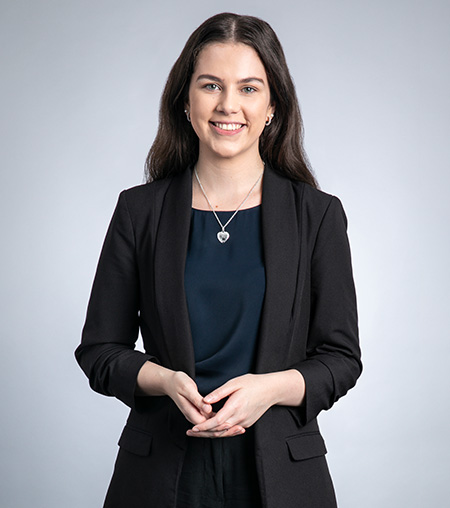Share This Article
The New South Wales Parliament has recently passed a bill which expands the Child Sexual Offence Evidence Program to all District Court locations in the state, seeking to provide greater support to child complainants and prosecution witnesses in sexual offence proceedings.
Here is a guide on the existing child sexual offence evidence program in NSW.
The program involves two key reforms to such proceedings, namely pre-recorded evidence hearings and witness intermediaries.
Pre-recorded evidence hearings enable children to have their evidence pre-recorded at a hearing held prior to a trial, with this recording then played in front of the jury during the trial.
This seeks to reduce stress associated with giving evidence, as they can complete their evidence at an earlier stage, and in a less pressurised environment as it is not in front of a jury.
Witness intermediaries are meant to assist children with their communication needs, for them to give their best evidence. They are experts with backgrounds in expert social work, psychology, teaching, occupational therapy, or speech pathology.
They do so by communicating to the court whether the child witness can understand questions put to them, and explaining the best way a child witness can be asked questions that they can understand.
Evaluations of the program have reported strong, widespread support for the measures, which are seen to reduce stress for children and result in better quality evidence.
The Criminal Procedure Amendment (Child Sexual Offence Evidence) Bill 2023 prescribes the state-wide expansion of these measures, as well as slight reforms to their current operation.
It means that pre-recorded hearings and witness intermediaries will be available for children in all sexual offence cases in the District Court of NSW, no matter where the case is heard.
Currently, the Program is limited to the Downing Centre District Court in Sydney and Newcastle District Court.
Witness intermediaries were made available in all police districts from 1 July 2023; however, the Bill expands their availability to all District Court locations in the state.
Three new District Court Judges will be appointed to support the Program’s expansion, with it expected that more than 140 extra pre-recorded evidence hearings will take place each year.
Attorney General, Michael Daley stated: “It is well recognised that children face significant difficulties as complainants and witnesses in these cases due to their young age and the nature of the evidence they must give.
“Providing this evidence to police and the court can be a highly stressful and traumatic experience. It is vital that these children are supported to give the most complete and accurate evidence they can.
“As child sexual offences are frequently committed in private, often the only direct evidence of the abuse is the evidence that the child gives about what occurred. Clear evidence is critical for investigations and prosecutions for child sexual offending.”
The Criminal Procedure Amendment (Child Sexual Offence Evidence) Bill 2023 will amend the Criminal Procedure Act 1986(NSW) to enact this change.
It applies to trials for matters involving a child complainant or prosecution witness and a prescribed sexual offence. Prescribed sexual offences include sexual assault, sexual touching, and other sexual acts.
Pre-recorded Evidence Hearings
As outlined, pre-recorded evidence means that child witnesses can give evidence at date prior to the trial, via audio-visual link and without the presence of the jury.
The recorded interview with the child, along with any additional oral evidence-in-chief, cross-examination and re-examination that occurs at the pre-recorded evidence hearing, is then played before the jury in the trial.
As in ordinary trial proceedings, the pre-recording sessions allow for additional questioning, cross-examination and re-examination by both prosecution and defence.
Currently, child witnesses who are less than 16 years of age must give evidence via a pre-recorded hearing, whereas those who are 16 or more years of age will only do so, where an application occurs.
The Bill amends this to prescribe that all child complainants and prosecution witnesses under 18 years of age or who were under 18 when the accused was committed for trial are to give evidence via a pre-recorded evidence hearing unless the court makes an order to the contrary.
Witnesses who give evidence at a pre-recorded evidence hearing cannot give further evidence without the leave of the Court.
Circumstances in which the Court may grant leave include where the witness or other party seeking leave has become aware of a matter that they could not have reasonably been aware at the time of the recording, or it is otherwise in the interests of justice to give leave.
If the court grants leave, the further evidence is, so far as practicable, to also be given by pre-recording at a hearing in the same way as the original pre-recorded evidence unless the Court otherwise directs.
Witness Intermediaries
As outlined, a witness intermediary is an expert who has a background in social work, psychology, teaching, occupational therapy, or speech pathology.
They were originally referred to as “children’s champions” however, this was changed to better reflect the neutrality, independence, and function of the role.
Witness intermediaries are not supposed to act as advocates or support persons for child witnesses, with their role instead limited to guiding questioning to ensure the child is able to communicate effectively and isn’t inappropriately addressed.
The Court must appoint a witness intermediary for a witness who is less than 16 years of age, and may, on its own motion or on the application of a party to the proceedings, appoint a witness intermediary for a witness who is 16 or more years of age, if it is satisfied that the witness has difficulty communicating.









